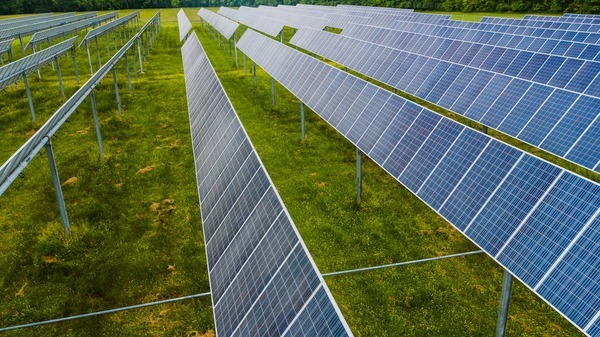Egypt’s Minister of Electricity and Renewable Energy, Mahmoud Essmat, announced that the country has reduced fuel consumption from 182 grams per kilowatt-hour (g/kWh) to 171 g/kWh. This has resulted in monthly savings of 1.2 billion Egyptian pounds.
Essmat delivered the announcement at the Energy Transformation and Sustainable Development Conference, representing Prime Minister Mostafa Madbouly. He said, “Egypt is working to expand renewable energy use and decrease reliance on fossil fuels.”
The government aims to have renewable energy contribute 42% of the country’s energy mix by 2030 and 60% by 2040. This strategy includes integrating renewable energy and battery storage systems into the national grid, supported through public-private partnerships.
The Minister cited Egypt’s major renewable energy projects, including the Benban Solar Park, which has an installed capacity of 1,650 MW, and the Gabal El-Zeit Wind Farm, with a capacity of 580 MW. Essmat also discussed the Dabaa Nuclear Power Plant, which he described as a strategic national project. It is expected to help meet rising electricity demand and strengthen energy security while supporting Egypt’s 2030 Vision.
Efforts to stabilize the electricity grid have included implementing smart grid technologies and remote monitoring systems. These measures are designed to enhance efficiency and reduce technical losses. He noted the importance of regional electrical interconnection projects. Egypt currently exchanges power with Jordan, Libya, and Sudan. The planned interconnections with Saudi Arabia, Italy, and Greece will position Egypt as an energy link between Africa and Europe.
The Minister also emphasized the role of the private sector in power generation and distribution. He stated that,” incentives have been introduced to attract local and foreign investors. Plans are underway to separate the Egyptian Electricity Transmission Company, allowing it to operate as an independent grid operator under economic and environmental standards.”


